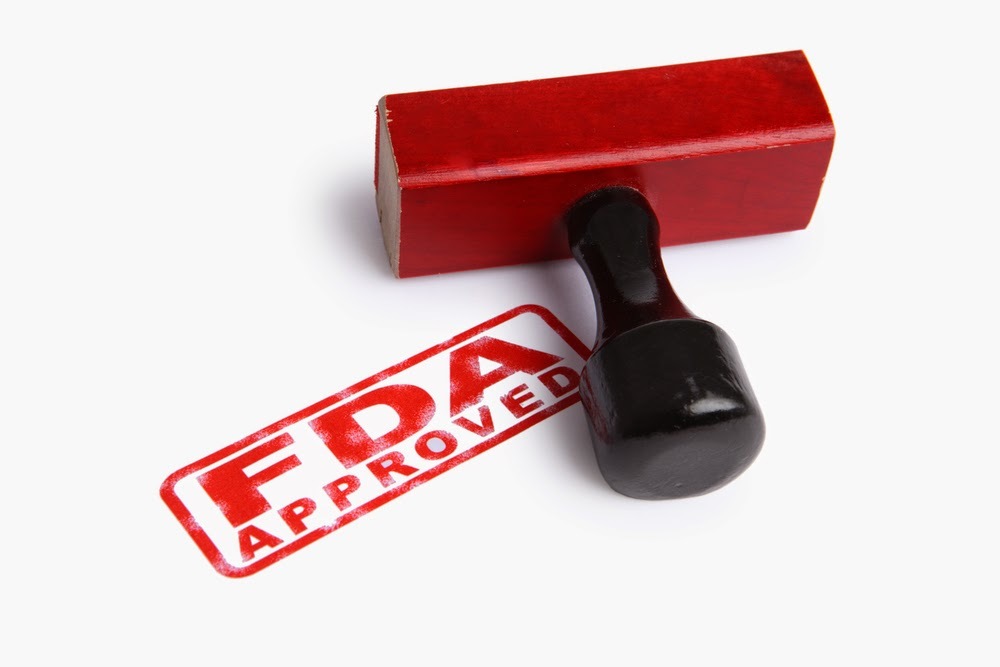
Soliton, Inc. issued the following announcement on July 23.
Soliton, Inc., (Nasdaq: SOLY) ("Soliton" or the "Company"), a medical device company with a novel and proprietary platform technology licensed from The University of Texas on behalf of the MD Anderson Cancer Center ("MD Anderson"), today announced the European Patent Office has issued the decision to grant a European patent entitled "RAPID PULSE ELECTROHYDRAULIC (EH) SHOCKWAVE GENERATOR APPARATUS AND METHODS FOR MEDICAL AND COSMETIC TREATMENTS," to Soliton.
Join our more than 200K fans here to follow the Company: https://soly-investors.com
"This is a very important approval for Soliton," commented Dr. Chris Capelli, President and CEO of Soliton. "Although we have 8 patent families and over 60 patents issued or pending, this particular patent represents one of the core principles that makes our Rapid Acoustic Pulse (RAP) technology unique. We believe having it approved in a major market like the EU sets a promising precedent for protecting our intellectual property."
About Soliton, Inc.
Soliton, Inc. is a medical device company with a novel and proprietary platform technology licensed from MD Anderson. The Company's first FDA cleared commercial product will use rapid pulses of acoustic shockwaves as an accessory to lasers for the removal of unwanted tattoos. The Company is based in Houston, Texas, and is actively engaged in bringing the Rapid Acoustic Pulse ("RAP") device to the market. The Company believes this "Soliton" method has the potential to lower tattoo removal costs for patients, while increasing profitability to practitioners, compared to current laser removal methods. Soliton is investigating potential additional capabilities of the RAP technology in preclinical testing, including the potential to assist existing fat reduction technology in the reduction of fat as well as improving the appearance of cellulite by creating mechanical stress at the cellular level and inducing significant collagen growth.
Original source can be found here.





